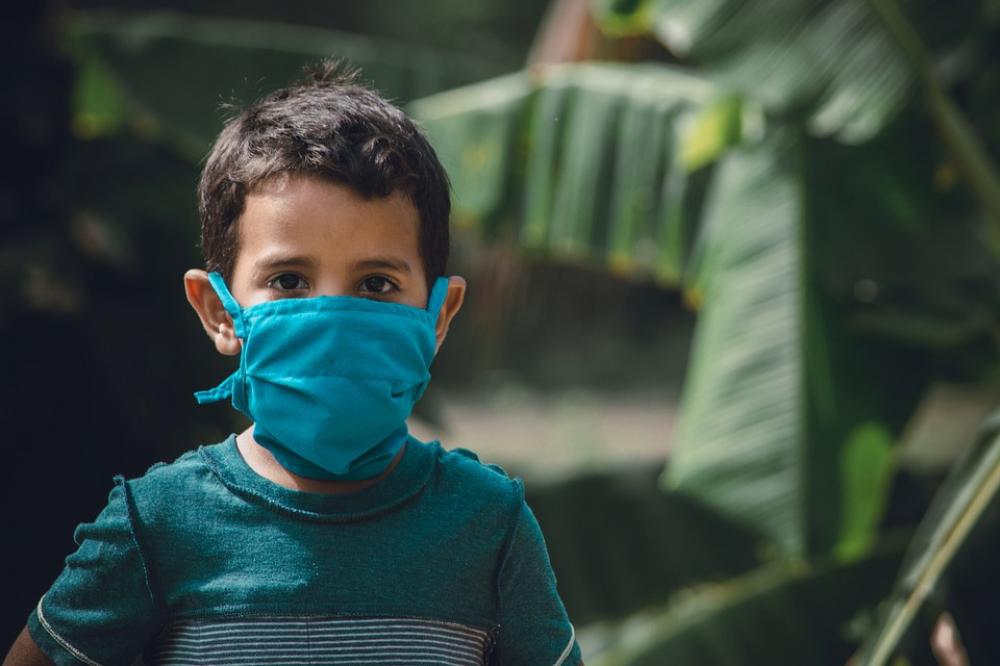Just Earth News | @justearthnews | 15 Mar 2023

Image: Pixabay
During the pandemic, it became clear that children who contracted COVID-19 became less ill than adults. One hypothesis has been that common colds would give children immunity protecting against a severe form of the disease.
Researchers at Karolinska Institutet are now able to show that OC43, one of the coronaviruses that cause common colds, boosts the immune response to COVID-19.
The study, which is published in PNAS, could give rise to more tailored vaccine programmes for children and adults.
During the pandemic, medical doctors and researchers noticed that children and adolescents infected with COVID-19 became less ill than adults. A possible explanation for this is that children already had a prior level of immunity to COVID-19 provided by memory T cells generated by common colds.
After studying unique blood samples from children taken before the pandemic, researchers from Karolinska Institutet in Sweden have now identified memory T cells that react to cells infected with SARS-CoV-2, the virus that causes COVID-19.
A possible explanation for this immunity in children is that they already had colds caused by one of the four coronaviruses causing seasonal common cold symptoms. This could stimulate an immune response with T cells able to also react to cells infected with SARS-CoV-2.
This new study reinforces this hypothesis and shows that T cells previously activated by the OC43 virus can cross-react against SARS-CoV-2.
“These reactions are especially strong early in life and grow much weaker as we get older,” says the study’s corresponding author Annika Karlsson, research group leader at the Department of Laboratory Medicine, Karolinska Institutet. “Our findings show how the T-cell response develops and changes over time and can guide the future monitoring and development of vaccines.”
The results indicate that the memory T-cell response to coronaviruses develops as early as the age of two.
The study was based on 48 blood samples from two- and six-year-old children, and 94 samples from adults between the ages of 26 and 83. The analysis also included blood samples from 58 people who had recently recovered from COVID-19.
“Next, we’d like to do analogous studies of younger and older children, teenagers and young adults to better track how the immune response to coronaviruses develops from childhood to adulthood,” says Marion Humbert, postdoctoral researcher currently at the Department of Medicine Huddinge, Karolinska Institutet, joint first author with Anna Olofsson, doctoral student at the Department of Laboratory Medicine.
The paper is the result of a collaborative study among researchers at Karolinska Institutet, the universities of Bern (Switzerland), Oslo (Norway) and Linköping University (Sweden).